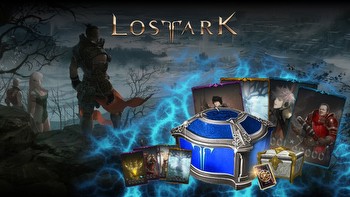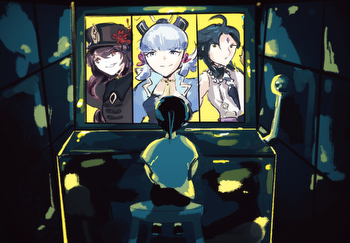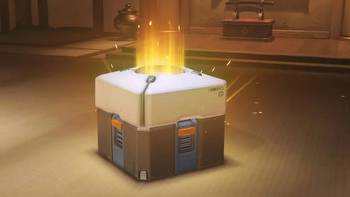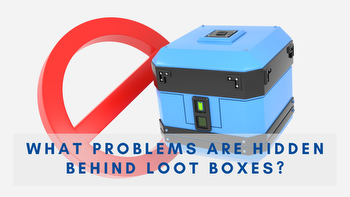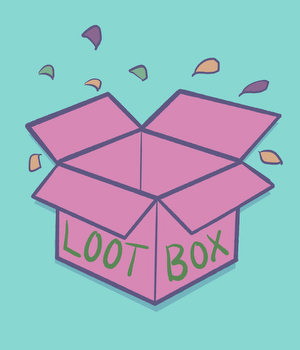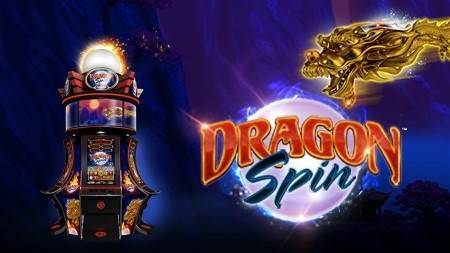Hero Wars: PEGI 12 Game With Hidden Gambling Features?
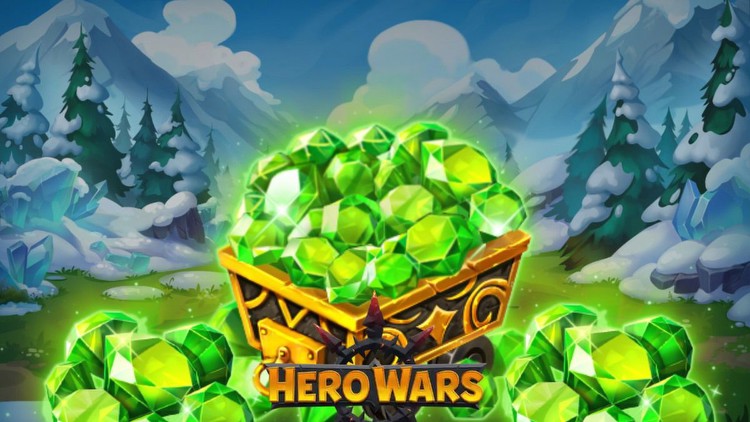
Hero Wars promises epic mobile gaming adventure, inviting players of all ages to join in the battle against other players and the computer in a world jam-packed with strategy, fantasy, and heroism.
However, the allure of this competitive idle-battling RPG may not be as friendly as the cheerful heroes you control suggest. Beneath the shining armor and cartoony characters resides a series of credit-card-powered gambling features specifically designed to seem as innocuous as they are enticing.
This extremely popular game — with more than seven million active players aged 12+ — is chock-full of loot boxes. And without spending real-world money to purchase and open these loot boxes, most players will never acquire the in-game items and power-ups needed to get out of the lowest tiers of gameplay.
Because of this, Hero Wars has come under scrutiny as one more in a long lineof mobile games aimed at younger audiences that hold hostage in-game progression (unless kids can produce mom and dad’s credit card, of course).
What is Hero Wars, Anyway?
Hero Wars is an online fantasy role-playing game (RPG) by Nexters Global. It’s what’s known as a “freemium” game, meaning it’s free to download, but offers users the ability to pay to upgrade their experience.
You build a party of heroes, equip them with power-ups and weapons, and send them into battle. The campaign pits your heroes against computer-controlled enemies, while the various player versus player (PVP) modes have you fighting against other human-operated enemies
Hero Wars is what’s known as an “idle battler,” meaning that once the fight starts, the game is pretty hands-off. You watch as the battle plays out, collect any prizes from winning, and prepare for the next bout.
Hero Wars – No Stranger to Deception
This is where many complaints from players rear their heads, as virtually all marketing material regarding this game misrepresents how Hero Wars plays out.
One of the most common advertisements depicts a puzzle game featuring the game’s most iconic hero, Galahad. In these videos, the players must use logic to help Galahad retrieve his equipment and gold without pouring lava on him or the treasure.
Many players downloaded the game expecting to solve puzzles only to discover that only a couple of puzzles of this nature are tucked into the game — with rumors going around that they were only added to placate duped users.
If true, it would seem that Nexters is not above a little bait-and-switch, so using in-game gambling devices like loot boxes to present an additional obstacle between the player and in-game content hardly feels like a stretch.
Okay, But What Are Loot Boxes? And How Are They Similar to Gambling?
Loot boxes are prizes in some online video games that can be redeemed or ‘opened’ to receive randomly selected rewards — usually items like weapons, armor, or character power-ups. Some items have lower ‘drop rates’ and, therefore, higher perceived value.
There are different ways to open and acquire loot boxes. Some issue them as rewards for completing tasks or challenges in-game; the player has to earn the right to open them.
However, others can only be purchased using real money. These purchasable loot boxes are becoming increasingly common, and critics say that completing many games is virtually impossible without shelling out for multiple such boxes.
When it comes to games targeting kids (which Hero Wars, with its cartoonish characters, ostensibly does), the increased presence of purchasable loot boxes concerns parents and mental health professionals alike.
In the case of Hero Wars, there are a variety of built-in loot boxes. Some are filled with minor items and offered as prizes for completing specific milestones, but others are extremely difficult to acquire without buying them. What’s more, even when you have one of the randomly dropped loot boxes, it is not guaranteed to have the item you need to complete your mission.
Now, Nexters has built a “Bad Luck Protection” mechanic into Hero Wars, so you are guaranteed to get one of these random fragments at specific intervals — provided you spend enough to get them. As you can likely imagine, that gets expensive rather swiftly.
By tying your ability to compete effectively against other players to these randomly dropped items and requiring your random item to have some sort of synergy with previous items, Hero Wars has created a very effective slot machine-like system that has caught the public attention.
The Many Costs Behind Hero Wars’ Loot Boxes
Whether you’re opening Heroic Chests in Hero Wars to get powerups or to score one of the rare hero characters for bragging rights in your guild – or shelling out emeralds in the hopes that you see your third Earth Totem Fragment so that way your titan is strong enough for you to compete in the end-game… you can expect a serious investment.
In the case of Heroic Chests, players will be able to open one for free every day, giving them a chance at unlocking a new hero, as well as some common in-game consumables.
After that, you are expected to spend 200 emeralds. Since emeralds can usually be bought at a rate of 550 emeralds for $4.99, that’s almost $2 just for one chest.
Though, of course, you could open 10 chests at once and save 25%. And to keep you from missing out, your 25th chest opened has a guaranteed hero inside! Will it be one of the rare and powerful heroes, making you the envy of your friends?
There’s only one way to find out: Buy more. The resemblance to “Spin more”, anyone?
As you advance in the game, however, the Heroic Chests stop being enough to keep you competitive. If your guild hopes to compete against the other teams of players, you need to unlock and level up your elemental Titans (Earth, Water, and Fire), as well as the elemental spirit totems to boost them further which requires totem fragments of the corresponding element. These totems also offer additional boosts to all of your Titans in battle, such as extra damage, healing, and so on. So not collecting totem fragments means you’re going to be at a serious disadvantage when it comes time to fight.
These fragments can be found in spheres that are sometimes awarded in special daily events and taken to the Altar of the Elements to crack open and see which totem fragment you get (with each sphere having a 1-in-3 chance of offering one that coincides with your Titan), or you can spend emeralds at the Altar of the Elements directly and short-cut the process.
If you go that route (and you really must if you want to participate in the competitive player vs player endgame content) your first fragment will drop after 4,500 emeralds have been spent — that’s roughly $40! And the next guaranteed drop does not happen until 45,000 emeralds have been spent. The more fragments you unlock, the higher the price, with your 30th fragment standing at a cool 8,433,329.
This means if you are unlucky enough to not score any elemental spheres for free, and miss out on any emerald sales, you could be expected to pay upwards of $70,000 out of pocket to unlock a full set of totem fragments. And with every fragment unlocked containing one of three elements, there is no telling how many you will need to buy before you can fully upgrade the spirit totem you need.
But you don’t want to let your team down, right?
Right?
With each Heroic Box or Elemental Sphere opened having a chance — no matter how slim — of giving you an awesome, rare weapon, character, or even the ability to help the other players on your team win their next battle, the argument that loot boxes are a form of gambling becomes difficult to refute.
Are These Games Really Targeting Kids?
According to the Apple Store — one of many places where this ‘free’ game can be downloaded — Hero Wars is suitable for children aged 12+, though Nexters states on their website that children under 16 must obtain consent from their parents or legal guardians.
And with the funny and cartoonish advertisements being so prominently displayed at the beginning of YouTube videos, on TikTok, and even during the ad break of other free-to-play mobile games, it’s almost impossible for it not to catch the eyes of some children.
Although admittedly, from the misleading “I’m smart enough to beat that puzzle” advertisements to the near-fetishistic depiction of chained-up heroes, it’s clear that Nexters is casting a wide net with their marketing efforts.
Even if the game isn’t targeting children who might be brazen enough to ‘borrow’ someone’s credit card to keep their guild from underperforming, it puts that possibility well within reach.
What is Being Done to Keep Kids Safe from Gambling in Video Games?
While Hero Wars is “kid safe” in terms of content (cartoon violence, limited player-to-player interaction), that doesn’t take into account any of the gambling-adjacent features — which isn’t surprising, as governmental bodies only recently started passing legislation on loot boxes and similar mechanics.
The legislation being passed varies from one country to the next, with Belgium banning the sale of loot boxes entirely while other countries are taking a softer approach. These include disclosing the probability of potential rewards (Taiwan and South Korea) or requiring that any game with loot boxes be assigned a “Mature” rating and recommended for players 15+ (Australia).
But in most countries, there are no such safeguards in place, so any kid playing Hero Wars will eventually hit a wall and find themselves unable to advance without buying in-game currency (which can be earned at a rate that would take years to make any meaningful progress — a common tactic in pay-to-win style mobile games) to use on the various loot boxes.
Potential Consequences of Loot Box Gambling in Hero Wars
With little meaningful regulation in place, loot boxes and similar mechanics pose a serious financial threat to consumers. The thrill of potentially scoring a rare item can lead to compulsive spending behaviors that, if left unchecked, can evolve into problematic gambling in video games.
The prevalence of pay-to-win features like the ones in Hero Wars also prompts a broader examination of the gaming industry’s practices as a whole. These progression bottlenecks are becoming increasingly common even outside the mobile gaming sphere. There is a growing call for the industry to adopt more responsible gaming measures.
The Future of Pay-to-Win is Murky at Best
While Hero Wars might not specifically target children, its veneer of innocence is laid over the top of a pay-to-win system designed to prey on a perceived need to keep up with other players. It affixes a price tag to that fear of missing out by paywalling progression through purchasable loot boxes.
Outside of a select few countries, there’s currently little in the way of a legal barrier to this sort of behavior. However, due to the growing outcry from parents and mental health professionals alike, lawmakers may not be able to ignore these allegedly predatory games for much longer.
Until such a time as legislative bodies step in or the gaming industry as a whole abandons pay-to-win mechanics, gamers of all ages will likely continue to find it very expensive to play their favorite “free” games.








